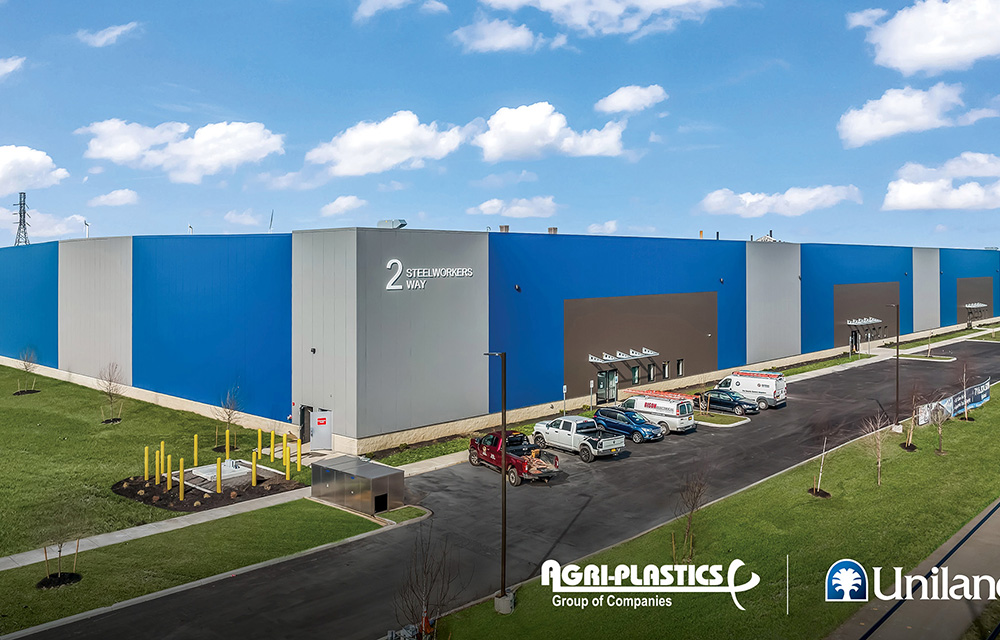How can not-for-profit and religious corporations prepare to enter into a real estate transaction? - by Jodi Warren

Many not-for-profit organizations including religious corporations (collectively, “nonprofit” or “organization”), are in difficult financial situations with declining contributions and dwindling member involvement due to the COVID-19 pandemic. As a result, many are seeking opportunities to monetize their most valuable asset, which is often their real property. One way for an organization to generate an income stream or cash is by entering into a real estate transaction. Although at the moment a real estate transaction may not be advisable given market conditions and the instability of the organization, it is a prudent time for nonprofits to understand the value of their real property, reflect and update their mission plan, formulate a business plan, and discern their needs and the future growth potential of the organization. This due diligence will put the nonprofit in an advantageous position and prepare the organization for the possibility of entering into a real estate transaction in the future.
Real estate transactions take various forms, such as an outright sale of property, ground lease, sale with a condominium transferred back, lease agreement for a portion or for an entire building, or a creative combination of these structures. The appropriate structure for an organization depends on the size, nature, and value of the property along with the goals and mission of the nonprofit. However, irrespective of the exact type of transaction entered into by the organization, real estate transactions can be risky, especially if nonprofits do not perform the proper due diligence prior to entering into a contract. Most organizations have “one time to get it right” because they often have limited real property and resources. Such limitations make it crucial to properly prepare and research various types of transactions while thoroughly exploring the future needs of the organization.
This article will explore five key due diligence steps that every nonprofit should focus on before embarking on a real estate project and, specifically, a transaction involving development or construction.
1. Zoning Analysis and Appraisal. The first step in the due diligence process is two pronged: (i) Understanding the site feasibility (what can be built on the property), and (ii) Understanding the economic value of the site.
a. A zoning analysis provides the organization with a baseline understanding of the type and size of the building or buildings that can be constructed on the site. Such analysis will allow the organization to ascertain the amount of development rights on the site, set-back and open space requirements, and the classification(s) of development rights such as residential, community facility and/or commercial.
b. An appraisal provides the market value of the site (including land and development rights). Obtaining an appraisal from an unbiased appraiser before listing the property on the open market allows the nonprofit to determine the value of the site, so that the organization can properly and confidently negotiate with interested parties.
2. Mission Plan. In addition to understanding the feasibility and the value of the site, it is imperative for the organization to reflect on its own mission plan. Every institution is unique; the organization must reflect on and set forth its goals for the future. Oftentimes, a nonprofit’s goals include increasing property usage and therefore generating income streams, while simultaneously strengthening the organizations connection to the community (such as, through providing educational facilities, social and health services, community offices, and affordable/market-rate housing). If the organization’s goal is to remain physically on the site in some capacity, the mission planning should include the needs of current and future members and the changing community around the site.
3. Space Planning. The next component in the due diligence process is formulating a space plan or a relocation plan in light of the organization’s mission goals.
If a nonprofit plans to remain on the site (whether to subdivide the property/building or through the construction of a new unit within a larger project), the nonprofit must consider their space requirements in the initial due diligence steps. The organization should hire an architect or a space planning consultant to assist in the development of a space and design schematic. It is imperative to generate an efficient space plan to meet the long-term needs of the organization and community. An efficient space plan often is accomplished by creating flexible and multi-purpose spaces that can easily be converted and used for various activities.
In the alternative, if the organization plans to sell the property, the organization must contemplate the future goals of the organization and how the proceeds of the sale will be best utilized. This analysis may include understanding the cost of leasing or purchasing a new site, merging with another entity, or dissolving and donating the funds in furtherance of the nonprofit’s mission and in accordance with the law.
4. Business Plan. The fourth step in the due diligence process is developing a business plan.
A business plan includes reviewing historical financial records, formulating procedures for maintaining accurate accounts and budgeting for expense projections during and after the completion of the transaction. Depending on the specific real estate transaction, the nonprofit should account for the projected cost to vacate the building, temporarily or permanently relocate, move into a new space, and manage and oversee the transaction.
Furthermore, if the organization obtains cash upfront and/or rent over a period of time, the nonprofit should formulate a proposal for investing the funds into an endowment to support the perpetual existence and the good work of the organization. Investment policies that meet the needs and financial goals of the nonprofit should be decided upon prior to entering into any real estate transaction.
5. Forming a Team. Nonprofits are often not in the “real estate business” and therefore it is imperative to involve experts early on in the process. The organization should, at the very least, engage an architect and attorney and, possibly, a broker and financial advisor as well. There are intricate tax implications and New York State requirements to obtain approval of a real estate transaction for nonprofits (i.e. attorney general/court approval process) and therefore it is absolutely necessary to hire an attorney with experience working on similar real estate transactions with nonprofits. In addition, the organization should form internal committees to work with outside experts and to represent the desires of the members of the organization and the community.
For many nonprofits the thought of entering into a real estate transaction can be daunting; however, the abovementioned due diligence steps will provide the organization with the necessary tools to prepare for a successful real estate transaction.
Jodi Warren, Esq., is an associate at Capell Barnett Matalon & Schoenfeld, New York, N.Y.
Hanna Commercial Real Estate brokers Agri-Plastics 64,000 s/f manufacturing facility lease at Uniland’s 2 Steelworkers Way


Behind the post: Why reels, stories, and shorts work for CRE (and how to use them) - by Kimberly Zar Bloorian

AI comes to public relations, but be cautious, experts say - by Harry Zlokower

Strategic pause - by Shallini Mehra and Chirag Doshi









.jpg)
.gif)
.gif)